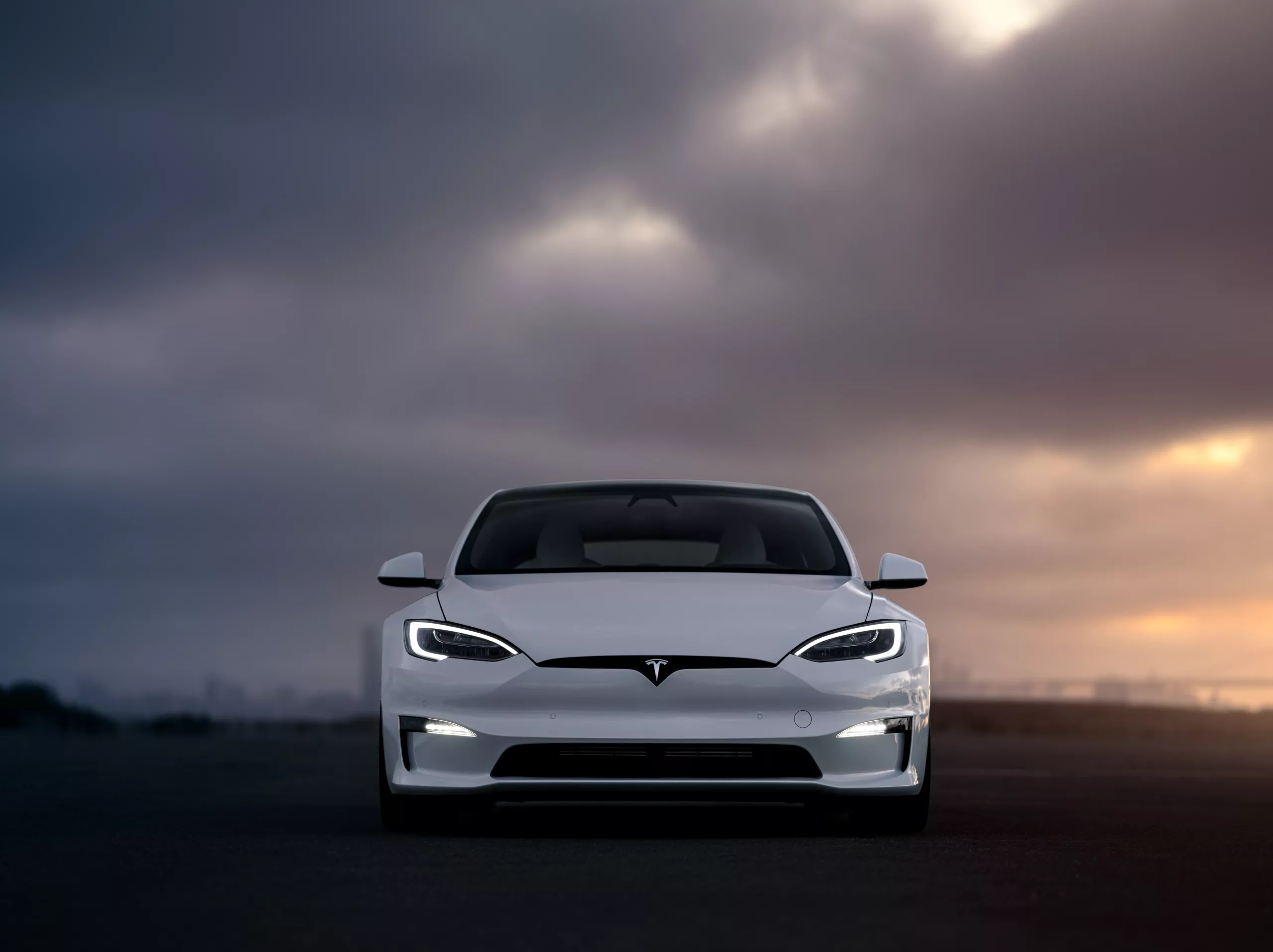The Tesla Tale: Dreamers Triumph Over Skeptics
Once emblematic of a modern David versus Goliath narrative, the story of Tesla, prominently traded under TSLA on NASDAQ, underscores a vibrant clash of idealists and doubters. As the dust settled, the optimists, armed with resilience and capital, emerged victorious. A pivotal transformation occurred in late 2018, marked by Tesla’s mastery over Model 3 production and a surprising leap into profitability. This watershed moment was encapsulated by a stunning declaration from a once staunch short-seller, who pivoted to a bullish stance on Tesla, a revelation he shared in a letter that felt more like celebratory prose lifted from CleanTechnica—a letter that notably featured several of my own EV sales graphs without attribution. Subsequently, Tesla’s market value soared by a staggering $1 billion in just a single day.
Despite persistent skepticism regarding Tesla’s profit-making ability and the sustainability of its sales after exhausting initial customer backlogs, the heralds of optimism leaned into the distinct edge of the Tesla Model 3—betting that sheer product excellence and customer testimony would drive sales. This conjecture bore fruit as Tesla’s sales trajectory defied gravity in the following years.
Tesla’s Current Performance and Investor Uncertainty
In the world of car sales for the year 2023, the Tesla Model Y crowned itself as the reigning monarch across all models globally, bringing Tesla tantalizingly close to the 2 million annual sales milestone. Impressive as these accomplishments are, investors are perpetually peering into the horizon—where the past can only serve as a backdrop to the promise (or peril) of the future. Of late, ambiguous signals about Tesla have been rippling through the market, inspiring a reflection on the company’s trajectory.
It’s sobering to note that in the year 2024, Tesla’s stock performance is a significant outlier within the S&P 500, and not for superior reasons. Previously lauded as one of the ‘Magnificent Seven’—stocks instrumental in propelling the S&P 500 towards historic peaks—it now stands as a stark deviation marked by the steepest fall in the index. Tesla remains an anomaly—costly compared to its peers despite a consensus on shrinking earnings over the next twelve months.
In analyzing the justifications behind Tesla’s stock valuation, there exists a triad of prevailing theories: firstly, the anticipation of sustained sales growth and profit upticks; secondly, the potential windfall from fully autonomous, robotaxi-level Full Self-Driving (FSD) systems; and thirdly, groundbreaking successes in AI or other technological innovations. The spectrum of opinions on these propositions is wide, but proponents of Tesla hinge their bets on at least one of these becoming a reality.
The Trials of Growth and the Leadership Question
Reports from Fortune suggest challenges in Tesla’s narrative as a growth stock. CEO Elon Musk’s intimations have tempered predictions for 2024, even hinting at a possible contraction in sales. Though Tesla’s overt trajectory seems unpromising, there remains a sliver of optimism with upcoming ventures like the Cybertruck, which may still revitalize growth as its production and sales commence. A looming question is whether Tesla’s flagship Model Y can maintain its top position in the face of these headwinds.
There are whispers of a sea change in Tesla’s fortunes should the company either reform its leadership style or opt for a new, less contentious captain at the helm. Still, it’s unclear whether even an exemplary new CEO would reassure investors and rejuvenate Tesla’s stock. The intangible yet critical mantle of investor confidence, heavily intertwined with Musk’s persona, could be the linchpin in Tesla’s valuation, making any forthcoming leadership transitions fraught with unpredictability.
Portending Tesla’s Stock Trajectory
Given the overarching narrative, Tesla’s status as a growth stock is nebulous. The significant delay and continued skepticism surrounding the Tesla Full Self-Driving feature have cast shadows of doubt on any immediate stock resurgence. Furthermore, as analysts and investors eye the prospects of Tesla’s AI endeavors, such as the Optimus project, there lingers a skepticism reminiscent of the FSD skepticism—progress needs to be palpable and commercially viable to reinvigorate belief in Tesla’s stock.
Ultimately, the confluence of expectation, technological innovation, and market perception continues to weave the intricate tapestry of Tesla’s stock story—a saga that, for all its grandeur and audacity, remains unfurled before an audience fixed on the next chapter.
